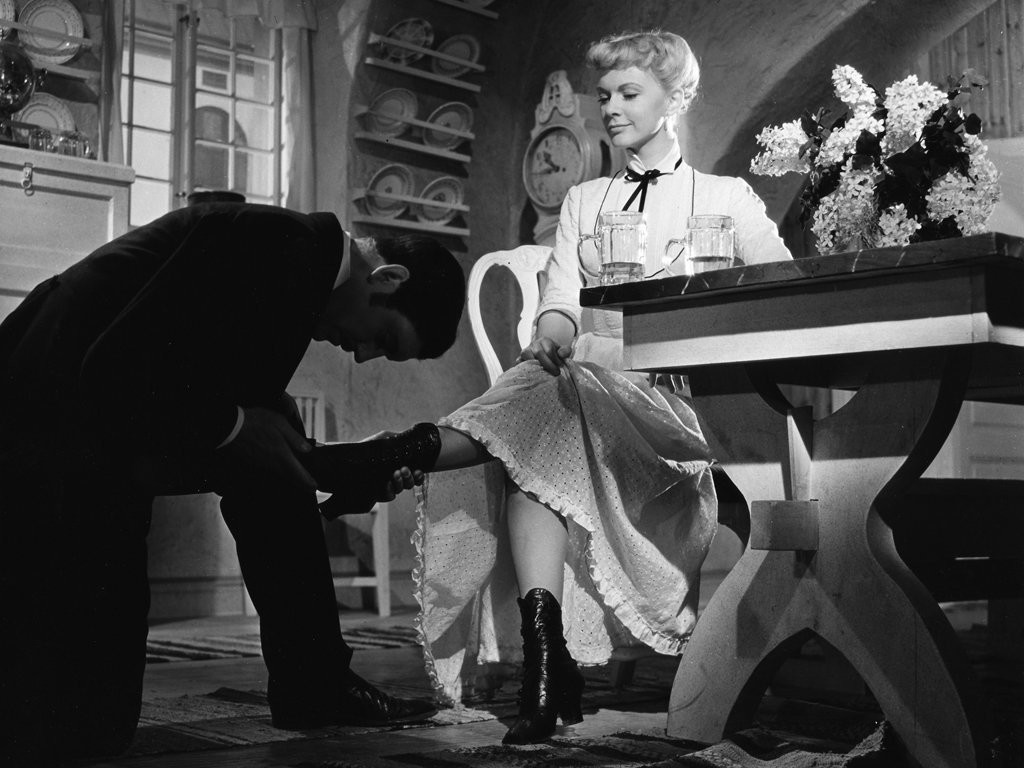Take a photo of a barcode or cover
haazex 's review for:
Fröken Julie
by August Strindberg
Gender and Society

Strindberg’s play, Fröken Julie, from 1888 focuses on gender and society in late 19th century Sweden. Even though it is quite brief it brings a lot of fire to these topics so I can see why it gained such prominence at the time. Even today it seems to be one of the works that Strindberg is recognized for abroad (together with his other plays) even though I personally favor his novels and stories to a much greater extent. The latter are generally not translated into English or are OOP.
I sense a very negative view of womanhood in Strindberg’s writing. Based on his life (as well as this particular play) it appears as if he favors bright and able women, but simultaneously view such individuals to hate men by default. I suspect he had some bad experiences that clashed with his own narcissism and manhood in his relationships with women.
The play unfolds during a midsummer eve when the daughter of a rich household (Miss Julie) has a powerful and fateful interaction with the man servant Jean. As an audience we get exposed to a warped passion viewed through the spectrum of their imagined futures, a pulsating passion and the immersion of the magic of the shortest night of the year. Fate seems to be in the room as the play unfolds. A recent film version (2014) directed by Liv Ullmann seems to be an interesting follow-up to reading this play. However, an older Swedish film (1951) (starring Ulf Palme (Jean) and Anita Björk as Miss Julie) is even more alluring to me. Reading/watching this play is literally a requirement if one is interested in Strindberg as an author. Besides, just like Ibsen, Strindberg has the ability to bring forward themes that are eternal. These issues are still reverberating through our modern society.

Strindberg’s play, Fröken Julie, from 1888 focuses on gender and society in late 19th century Sweden. Even though it is quite brief it brings a lot of fire to these topics so I can see why it gained such prominence at the time. Even today it seems to be one of the works that Strindberg is recognized for abroad (together with his other plays) even though I personally favor his novels and stories to a much greater extent. The latter are generally not translated into English or are OOP.
I sense a very negative view of womanhood in Strindberg’s writing. Based on his life (as well as this particular play) it appears as if he favors bright and able women, but simultaneously view such individuals to hate men by default. I suspect he had some bad experiences that clashed with his own narcissism and manhood in his relationships with women.
The play unfolds during a midsummer eve when the daughter of a rich household (Miss Julie) has a powerful and fateful interaction with the man servant Jean. As an audience we get exposed to a warped passion viewed through the spectrum of their imagined futures, a pulsating passion and the immersion of the magic of the shortest night of the year. Fate seems to be in the room as the play unfolds. A recent film version (2014) directed by Liv Ullmann seems to be an interesting follow-up to reading this play. However, an older Swedish film (1951) (starring Ulf Palme (Jean) and Anita Björk as Miss Julie) is even more alluring to me. Reading/watching this play is literally a requirement if one is interested in Strindberg as an author. Besides, just like Ibsen, Strindberg has the ability to bring forward themes that are eternal. These issues are still reverberating through our modern society.